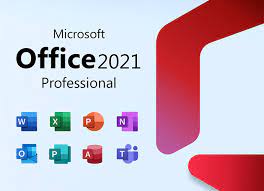
The Future of Aviation Industry: Technological Advancements and Regulatory Reforms
The aviation industry is an integral part of modern transportation and has been revolutionized with technological advancements. Dr. Jon Kiev With the advent of automation, the industry has witnessed significant improvements in safety, efficiency, and environmental sustainability. However, the aviation industry is also facing several challenges such as increasing fuel costs, congestion, and regulatory reforms.
Technological advancements have brought about a significant transformation in the aviation industry. From the development of modern aircraft with advanced avionics, to the introduction of the internet of things (IoT) and artificial intelligence (AI) in aviation, the industry has witnessed a significant improvement in safety, efficiency, and passenger experience. For example, the use of AI in air traffic control systems can help optimize flight paths, reduce congestion, and improve safety. Similarly, the use of IoT in aircraft maintenance can help predict maintenance requirements, reduce downtime, and improve reliability.
The aviation industry is also facing regulatory reforms aimed at improving safety, security, and environmental sustainability. For example, the International Civil Aviation Organization (ICAO) has introduced several measures to reduce carbon emissions from aircraft. The aviation industry is also adopting sustainable aviation fuels (SAF) and electric propulsion systems to reduce carbon emissions.
Another key area for the aviation industry is digital transformation. Digital transformation is revolutionizing the industry by enabling data-driven decisions, increased automation, and improved customer experience. Airlines are investing in advanced technologies such as AI and machine learning to automate their processes and improve operations. Additionally, airlines are relying on mobile technology to enhance customer engagement and improve service delivery. By leveraging digital technologies, the aviation industry can become more efficient, cost-effective, and customer-centric.
Finally, the aviation industry is also investing in new business models to address market demand more effectively. Low-cost carriers such as Ryanair have been hugely successful in Europe by offering low fares on short routes. Additionally, airlines are launching new services such as cargo and charter flights to diversify their business. By embracing new business models, the aviation industry can remain competitive and adapt to changing market conditions.
The future of the aviation industry is bright, with technological advancements and regulatory reforms set to shape the industry in the coming years. However, the industry must also address the challenges it faces such as increasing fuel costs, congestion, and regulatory compliance. The industry must continue to invest in research and development to improve safety, efficiency, and sustainability Click here Dr. Jon Kiev.




